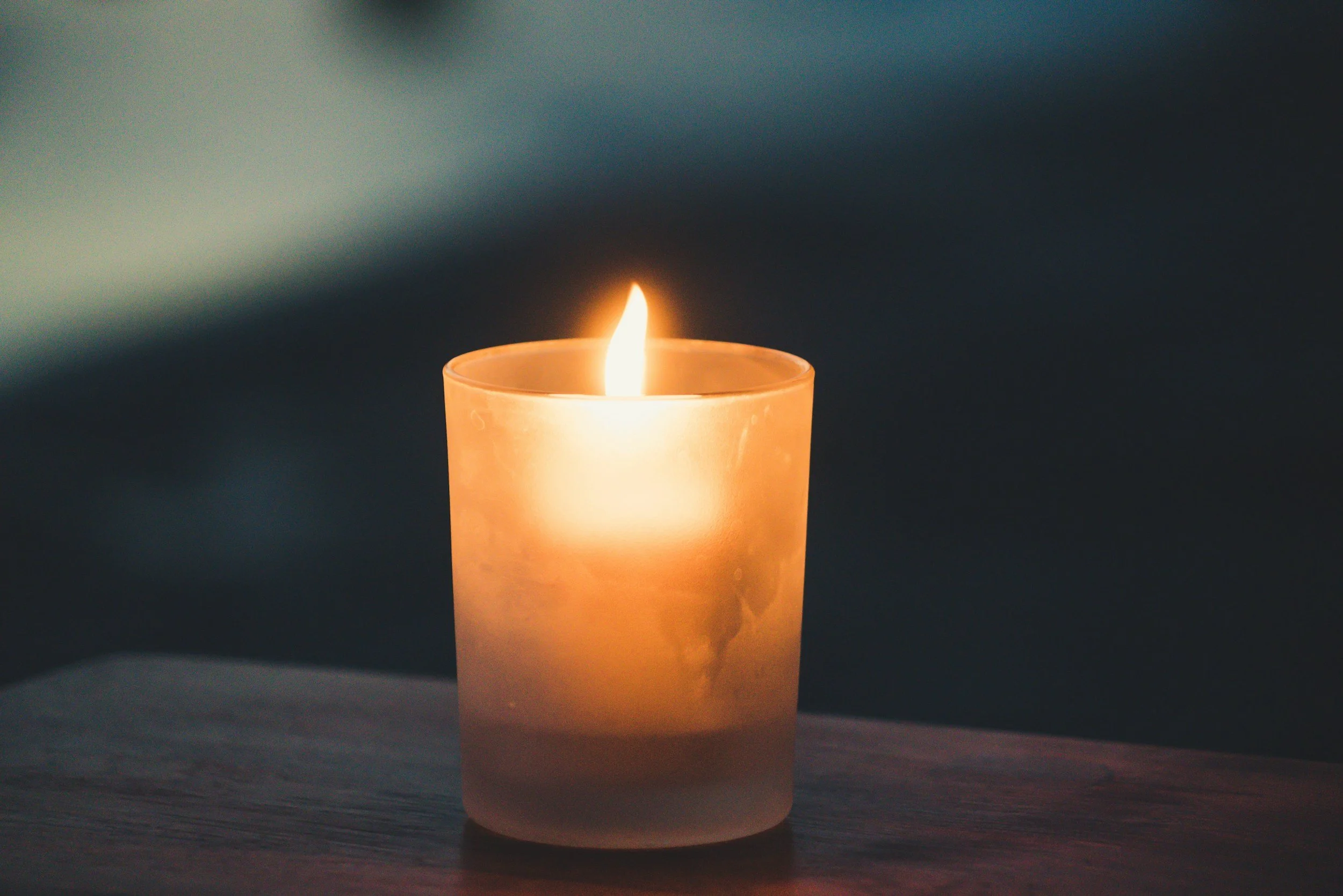The Grief of Pregnancy Loss
January 13, 2025 | By Mary Blair Holden
This is a repost of our blog originally posted in 2021.
The Grief of Pregnancy Loss: Finding Support and Healing
While the statistics vary between research studies, it is found that around one-third of pregnancies end in miscarriage. Yet pregnancy loss continues to be a disenfranchised grief that is far too often experienced in isolation.
In the last few years, we have seen more public figures share their pregnancy loss. Both Chrissy Teigen and Megan Markle, The Duchess of Sussex, have recently acknowledged their own experiences. The Duchess of Sussex wrote in her oped in the New York Times: “Yet despite the staggering commonality of this pain, the conversation remains taboo, riddled with (unwarranted) shame, and perpetuating a cycle of solitary mourning.”
There was a stark contrast between the outpouring of support for these women’s stories and the criticism they were met with. Those who chose to criticize these women, claiming that they were seeking “attention” or “publicity”, only further proved The Duchess of Sussex’s point. This criticism perpetuates unneeded stigma. In the comment’s section of Markle and Teigen’s messages, I read other women telling their own stories of pregnancy loss, feeling validated in their experience, and feeling that they no longer had to place their emotions in a dark corner. In my experience as a therapist and as a human being, shame often leads to isolation, and this leads me to believe that the antidote to shame is connection and the normalizing of the human experience… So let's start to talk about it.
Common Reactions to Pregnancy Loss
Emotions
Sadness and anger are common emotions experienced during any grieving process, and pregnancy loss is no exception. Miscarriage can also bring the experience of guilt and shame. The thought “what if I did/ didn’t ….” often runs through the carrying partner’s head. When client’s say these words to me I find myself wanting to rescue them from their emotion, reminding them that the commonality of miscarriage shows that the carrying partner isn’t at fault. While the idea of the loss being someone’s “fault” creates immense pain and shame, it can provide a sense of control with the idea that maybe we can make a change to create a different outcome in the future.
As an eating disorders therapist I am often speaking to my clients about shifting our view of the body from what it looks like to what it can do; seeing our body as an instrument rather than an ornament… but what about when our body does not do what we want or what we expect? It is common after pregnancy loss for individuals to feel anger towards their bodies. Anger that our body did not fulfill what we might think is its “natural duty.” There might even be fear of future pregnancy loss or not being able to conceive.
I commonly hear people who are trying to be supportive say, “Well, at least you know you can get pregnant.” The fear of future pregnancy loss, infertility, and subfertility is important to address, but it is also important to address and recognize the reality and pain of the loss itself.
The Loss
When someone finds out they are expecting, the brain begins to prepare for what is to come. Parents’ dreams and expectations assist in bonding. Historically, the carrying partner (generally) felt more connected to the fetus due to physical changes, but current medical improvements and access to early sonograms is increasing connection to the fetus/ child for both partners. Pregnancy is also being detected earlier on creating stronger bonds at an earlier place in pregnancy. Some individuals wait till certain points in the pregnancy to tell loved ones about the pregnancy. The pregnancy not being public knowledge prior to the loss creates an additional layer of isolation for those impacted.
The Mourning Process for Pregnancy Loss
Creating Rituals
One of Warden’s 4 tasks of mourning is to “accept the reality of the loss.” Rituals are helpful to accept reality and to move forward. Various cultures provide structured rituals at times of death, but few include rituals for pregnancy loss. The lack of defined rituals in most cultures creates more responsibility to create a ritual, but does allow for greater freedom for personalization. Some ritual ideas are: holding a ceremony or service, buying or creating an object that reminds you of the experience, planting a flower or a tree
Naming the Child
It can be difficult to speak about something and someone who you loved so deeply when you don’t have a name to put to it. Giving the child/ lost pregnancy a name can give meaning to the loss and allow for greater healing.
The Grief Might Persist
Grief can sneak up on us when we least expect it and even after we think we have fully mourned the loss. Special dates such as the date of a planned baby shower, markers throughout the pregnancy, and especially the due date itself can bring up strong emotions and make an individual feel that they are back amid the original loss.
Support
If you have experienced miscarriage/ pregnancy loss, my hope is that you know you are not alone. Reach out for support and connection from those you love and trust. Individual therapy and support groups can be beneficial to further process grief and the emotions that come along with your individual experience.
Reach Out
If you’re considering professional support, we’re here to help. Please reach out to schedule a free, no-commitment consultation. There’s no fee and no obligation—just click the button below to get started.
You can also call or text us at 202-656-3681, or email us directly. Give yourself the opportunity for the support you deserve.



